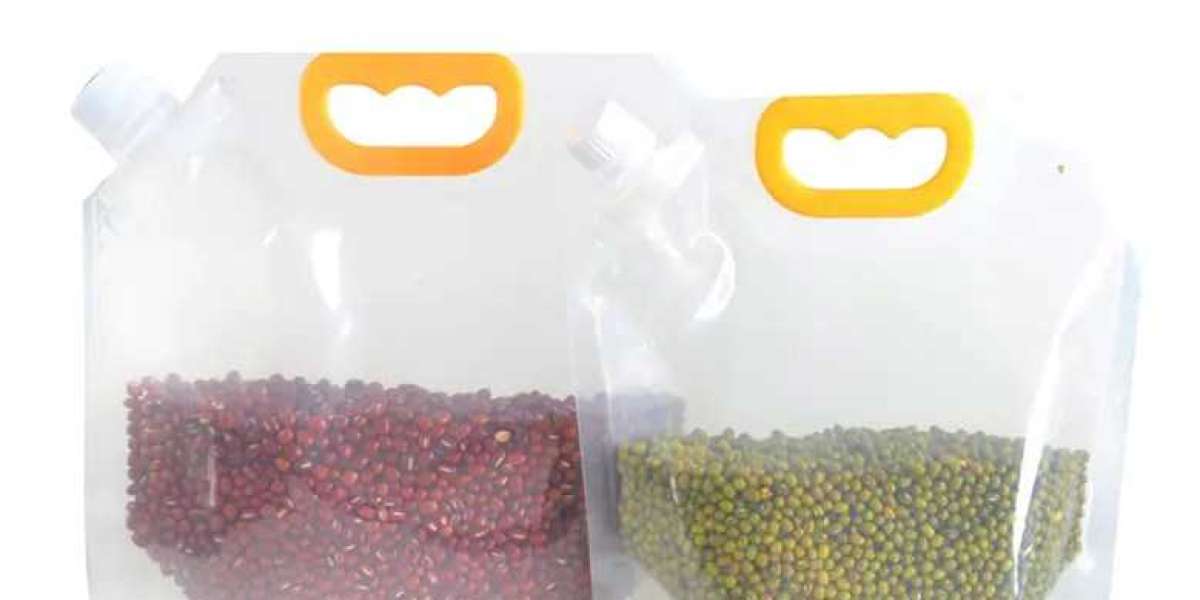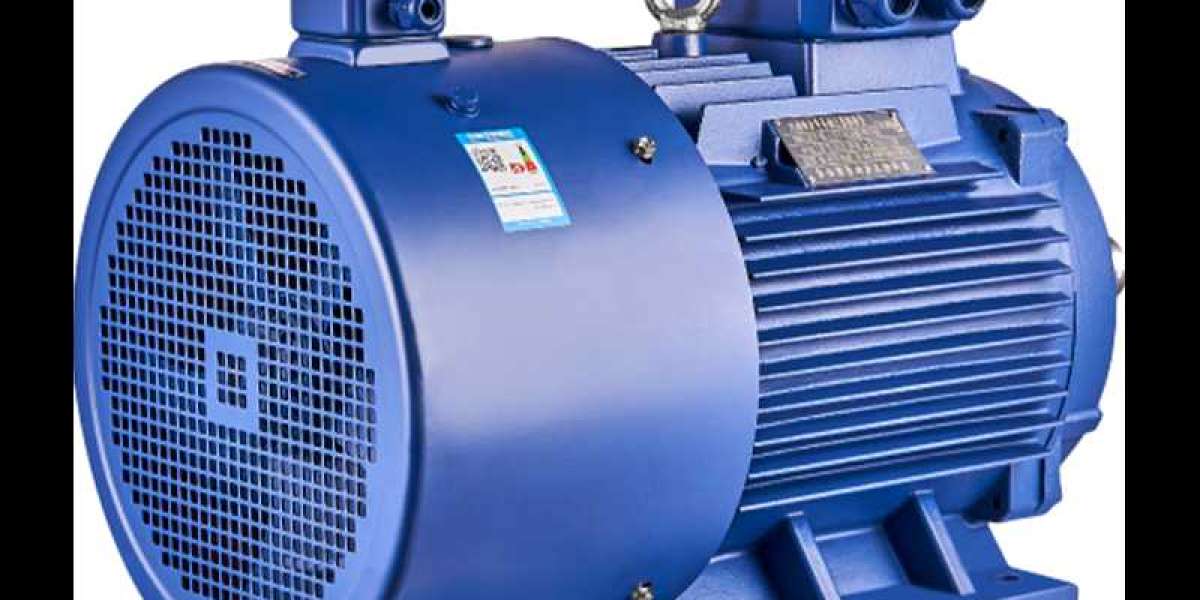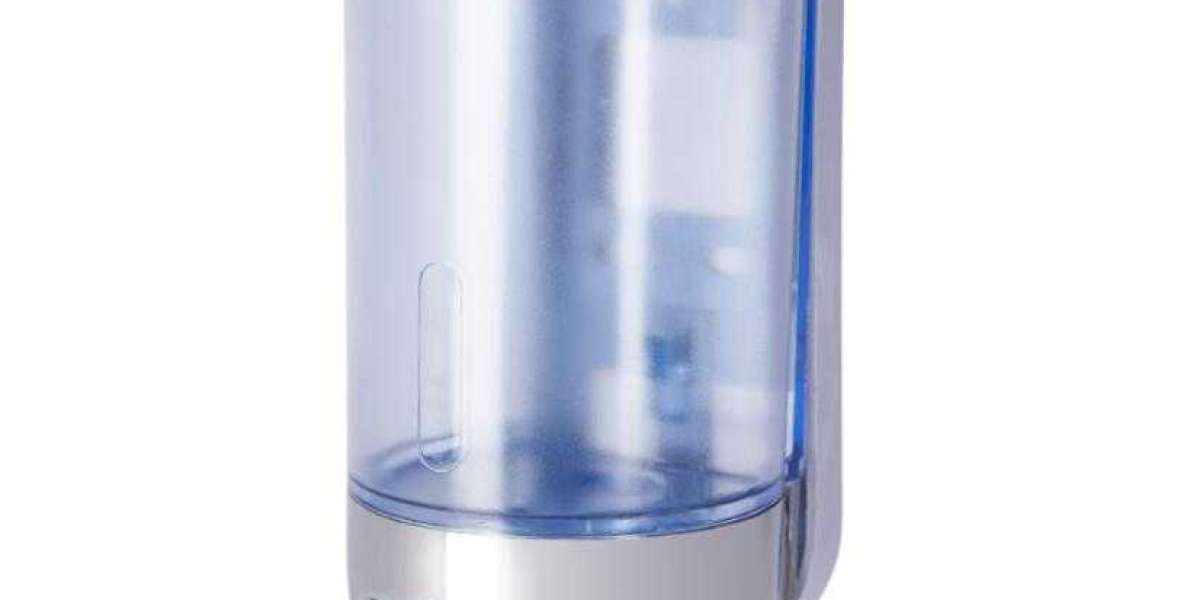The food packaging industry is a critical component of the global food supply chain, with food packaging bags supplier at the forefront of ensuring that products reach consumers in pristine condition. One of the key attributes that these suppliers must guarantee is the tearing resistance of their packaging materials. This is not merely a matter of convenience but a fundamental aspect of product protection, which directly impacts the safety, quality, and shelf life of food products.
Food Packaging Bags Suppliers and the Importance of Tearing Resistance
Tearing resistance, or the ability of a material to withstand force without tearing is a critical property for food packaging bags. It is especially important for products that are transported over long distances, exposed to rough handling, or subjected to varying environmental conditions. Food packaging bags suppliers must ensure that their products can endure these challenges without compromising the integrity of the packaging.
Materials and Manufacturing Techniques
To achieve high tearing resistance, food packaging bags suppliers invest in the research and development of advanced materials. These materials are often composites, combining the strength of different substances to create a robust packaging solution. For instance, polyethylene and polypropylene are commonly used due to their flexibility, durability, and resistance to tearing. Additionally, suppliers may incorporate additives that enhance the material's strength without adding significant weight or cost.
Innovative manufacturing techniques also play a role in enhancing tearing resistance. For example, suppliers may use co-extrusion processes to create multi-layered films with varying properties. This allows for the outer layers to be more resistant to tearing while the inner layers provide a barrier to moisture and oxygen.
Quality Control and Testing
Beyond material selection and manufacturing processes, food packaging bags suppliers must implement rigorous quality control measures. This includes regular testing of the packaging materials to ensure they meet industry standards for tearing resistance. Tests such as the Elmendorf tear test and the trapezoidal tear test are commonly used to quantify a material's resistance to tearing.
These tests provide objective data that suppliers can use to make informed decisions about material selection and process adjustments. They also serve as a benchmark for suppliers to demonstrate the performance of their packaging to potential clients.
Regulatory Compliance and Consumer Trust
Compliance with food safety regulations is a non-negotiable aspect of the food packaging industry. Food packaging bags suppliers must ensure that their products not only meet but exceed the standards set by regulatory bodies. This includes the use of materials that are safe for food contact and the implementation of manufacturing processes that do not compromise the integrity of the packaging.
By adhering to these regulations, suppliers not only protect the health of consumers but also build trust with their clients. This trust is essential in a competitive market where the reputation of a supplier can make or break their business.
The Future of Tearing Resistance in Food Packaging
As the food industry continues to evolve, so too must the capabilities of food packaging bags suppliers. Advances in material science and manufacturing technology offer new opportunities for suppliers to develop packaging solutions with even greater tearing resistance. This includes the use of nanotechnology to create materials with enhanced strength-to-weight ratios and the development of biodegradable materials that maintain their performance characteristics.
In conclusion, food packaging bags suppliers play a vital role in ensuring the tearing resistance of their products. This involves a combination of material selection, manufacturing techniques, quality control, and regulatory compliance. By investing in these areas, suppliers can provide their clients with packaging solutions that protect food products from damage and spoilage, ensuring that they reach consumers in the best possible condition.








